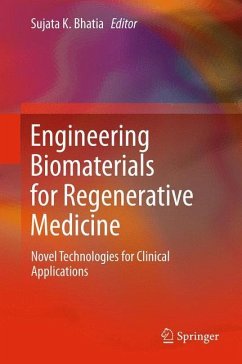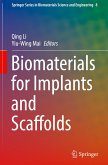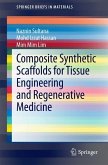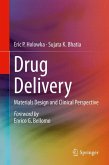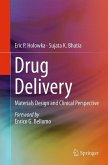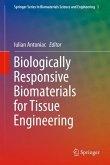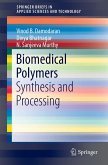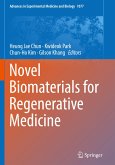Regeneration of tissues and organs remains one of the great challenges of clinical medicine, and physicians are constantly seeking better methods for tissue repair and replacement. Tissue engineering and regenerative medicine have been investigated for virtually every organ system in the human body, and progress is made possible by advances in materials science, polymer chemistry, and molecular biology. This book reviews the current status of biomaterials for regenerative medicine, and highlights advances in both basic science and clinical practice. The latest methods for regulating the biological and chemical composition of biomaterials are described, together with techniques for modulating mechanical properties of engineered constructs. Contributors delineate methods for guiding the host response to implantable materials, and explain the use of biologically-inspired materials for optimal biological functionality and compatibility. The book culminates in a discussion of the clinical applications of regenerative medicine.
By integrating engineering and clinical medicine, Engineering Biomaterials for Regenerative Medicine examines how tissue engineering and regenerative medicine can be translated into successful therapies to bridge the gap between laboratory and clinic. The book will aid materials scientists and engineers in identifying research priorities to fulfill clinical needs, and will also enable physicians to understand novel biomaterials that are emerging in the clinic. This integrated approach also gives engineering students a sense of the excitement and relevance of materials science in the development of novel therapeutic strategies.
By integrating engineering and clinical medicine, Engineering Biomaterials for Regenerative Medicine examines how tissue engineering and regenerative medicine can be translated into successful therapies to bridge the gap between laboratory and clinic. The book will aid materials scientists and engineers in identifying research priorities to fulfill clinical needs, and will also enable physicians to understand novel biomaterials that are emerging in the clinic. This integrated approach also gives engineering students a sense of the excitement and relevance of materials science in the development of novel therapeutic strategies.

